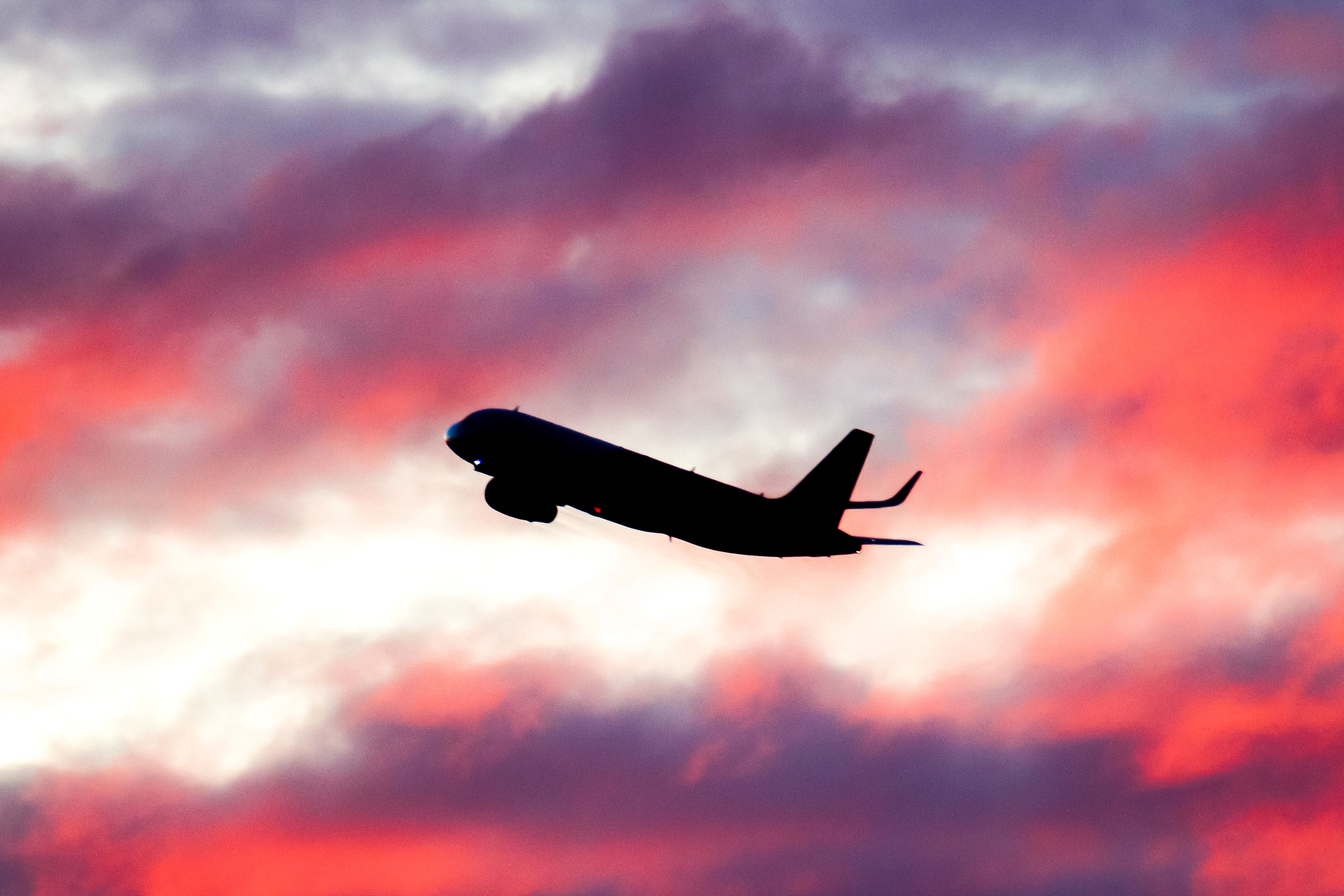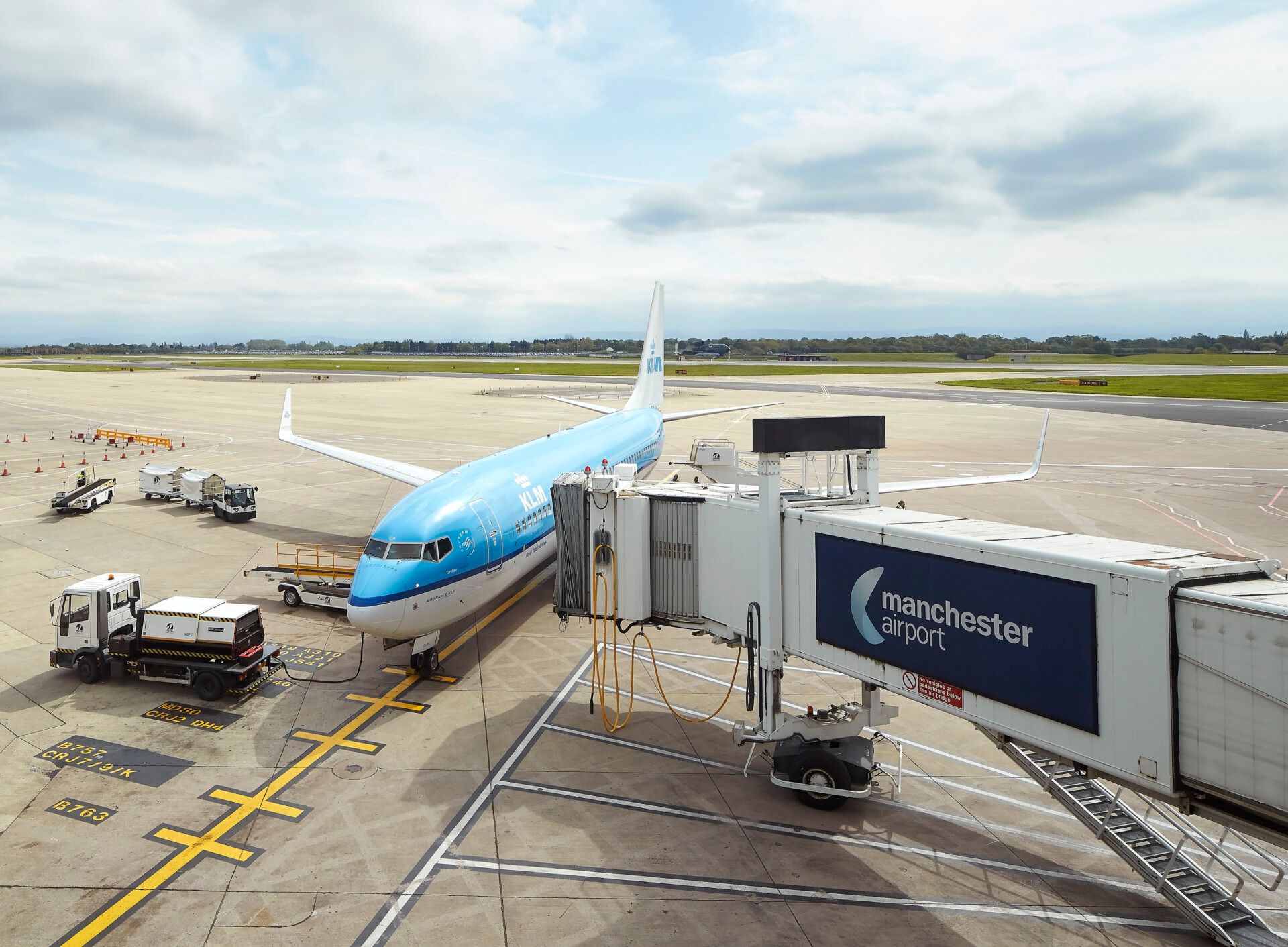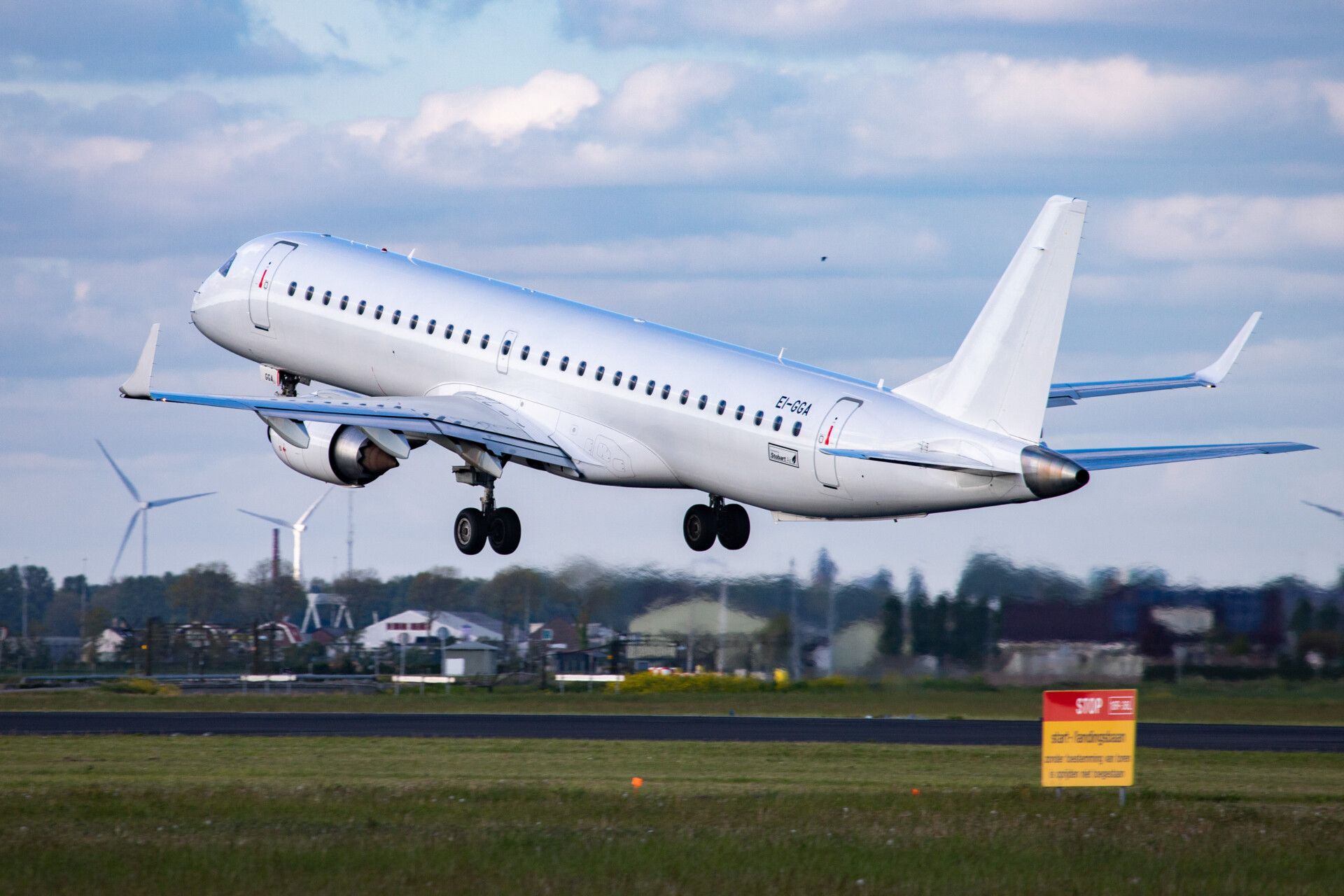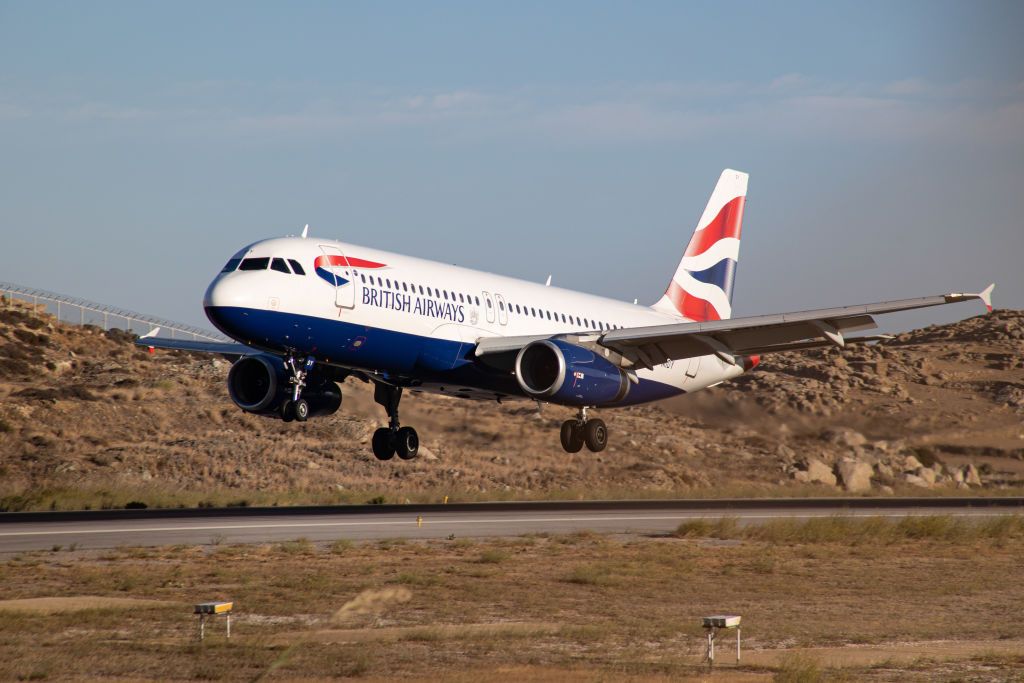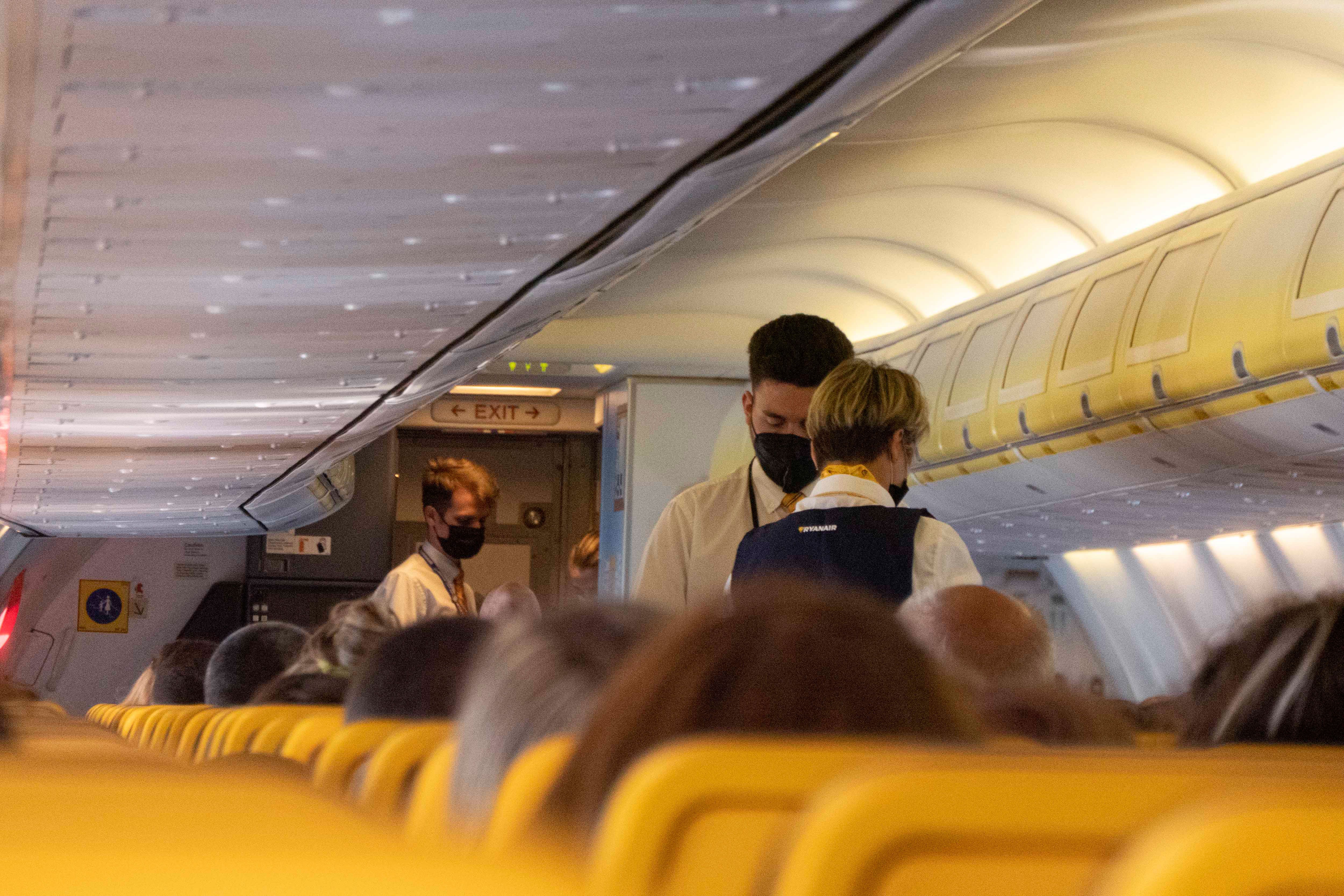Which laws apply to aircraft on international flights? This is an issue that regularly comes up when incidents occur during a flight, and of course, is one that affects any of us that travel! Is it the country the aircraft is flying over, the country where it is registered, or where it lands? The situation is often confusing. We try to simplify it in this article and explain which laws apply at which times.
Laws on the ground – the simplest case
When an aircraft is on the ground, the laws of that country apply. This applies both before and after a flight. These local laws take precedence over any laws that would apply based on the aircraft's country of residence, or nationality of passengers or crew.
This is regularly seen in practice. For example, in 2013 a Pakistan International Airlines Captain was arrested (and charged) when he was found to be over the United Kingdom legal alcohol limit operating a flight from Leeds Bradford Airport. This would not have violated the law in Pakistan, which is based on a 12-hour ‘bottle to throttle’ rule.
A similar situation occurred in 2018, when a Singapore Airlines pilot was arrested in Melbourne attempting to operate a flight over the limit.
Aircraft in flight – it depends!
The laws that apply once the aircraft has taken off are not as clear! One thing to realize here is that multiple countries can apply jurisdiction at the same time. It is not necessarily the case that just one country has jurisdiction at any one time.
In summary:
- Whist in flight in international airspace, the laws of the country of registration of the aircraft apply.
- If the incident is related to air safety, the laws of the destination country will take effect.
- And in addition, If the aircraft is within a country’s airspace, then that country can impose its laws in certain situations.
Confusing? We will look in slightly more detail.
Laws that apply – the Tokyo Convention
The laws that apply on board an aircraft bound for an international destination are defined by the Tokyo Convention (and to a lesser extent the Chicago Convention).
The Tokyo Convention states that the laws of the country of registration of the aircraft apply to acts committed on board. This is also why, in some rare cases, a baby born on board a flight can take the nationality of the country of registration!
It also allows for the destination country to take jurisdiction in the event of incidents affecting air safety (including hijack or causing injury to another passenger). So, for example, you would not be charged upon landing in a foreign country for underage drinking on board, but you would for a serious offense.
This has been extended under the ‘Montreal Protocol’ in 2020. This aids in the situation where laws differ between the country of registration and the destination country. More incidents are now being dealt with at the landing destination - such as causing flight disruptions, smoking, or not following crew instructions.
There are cases as well where the country whose airspace the aircraft is in can also apply their laws. In general, this applies when the act committed involves the overflown country in some way. There are set conditions given in the Tokyo Convention for this, defined as follows:
Tokyo Convention - Article IV:
The criminal jurisdiction of a State in whose airspace the offense was committed, if such State is not the State of registration of the aircraft or the State where the aircraft lands, shall not be exercised in connection with any offense committed on an aircraft in flight, except in the following cases:
(a) if the offense has effect on the territory of such State;
(b) if the offense has been committed by or against a national of such State;
(c) if the offense is against the national security of such State;
(d) if the offense consists of a breach of any rules and regulations relating to the flight and manœuvre of aircraft in force in such State;
(e) if the exercise of jurisdiction is necessary to ensure the observance of any obligation of such State under an international agreement.
Enforcing the law – some examples
Alcohol consumption is one legal area that affects most flights. On the ground, and within regional airspace, the local country laws will apply. That is why no airline will serve alcohol in or around Iran for example.
Once in international airspace, it becomes the laws of the aircraft's registration country. So on an American Airlines flight from the US to London, passengers would be bound by US drinking law. However, on a British Airways flight, it would be UK law (so a 21 year age limit versus 18 years).
Gambling is another area that has recently come up. A post on lexology.com looked at this for the common scenario of gambling scratch cards on board European low-cost airlines. They note that the legal situation here is complex. In particular, the laws of the UK are problematic as they require such lotteries to make charity contributions, and have confusing scope defined by UK gambling law.
For more serious offenses in the air, the situation is usually dealt with at the destination, under their laws. And this will likely become more common for lesser events as the Montreal Protocol is adopted.
However, the rules do also allow other jurisdictions to get involved should they wish to. If the aircraft is diverted this will, of course, be the new diversion landing point. Such incidents regularly get coverage – such as a case with Westjet early in 2019 where a drunk passenger was fined costs for a diversion.
Stay informed: Sign up for our daily and weekly aviation news digests.
Tricky situations
Recently, there have been additional serious examples of the problems fliers may face. For instance, Canadian pilots were jailed in the Dominican Republic after reporting cocaine stashed on an aircraft.
It can be difficult for both passengers and crews when dealing with the laws of different countries when traveling. The pandemic has seen customers face a plethora of challenges when it came to both local and foreign requirements when flying. It has been the same for staff, being forced to deal with stringent laws for even the simplest of stopovers.
Altogether, it's crucial to always note the laws of the country you are flying to, even if it's a layover. It's always best to cover at least the basics, just in case something was missed.
What are your thoughts about aviation's relationship with global laws? What do you make of the overall conditions? Let us know what you think in the comment section.
Source: Lexology

